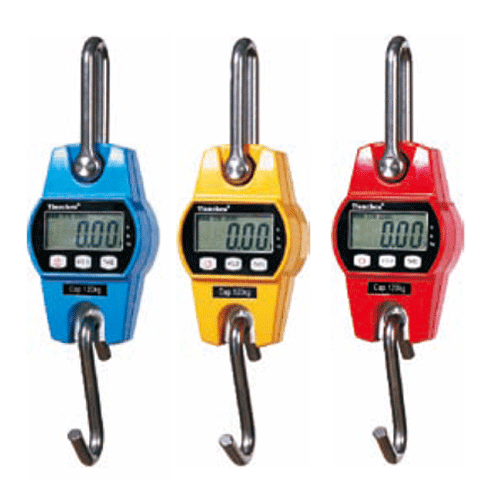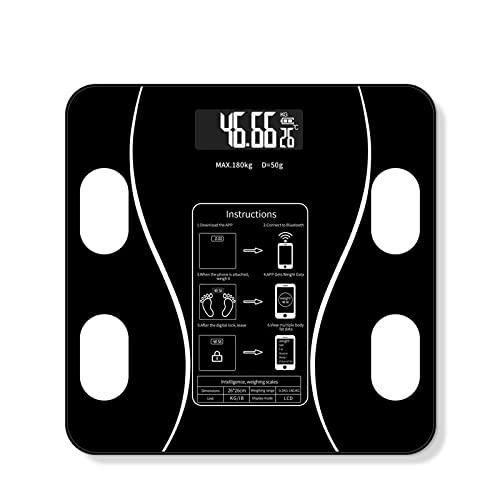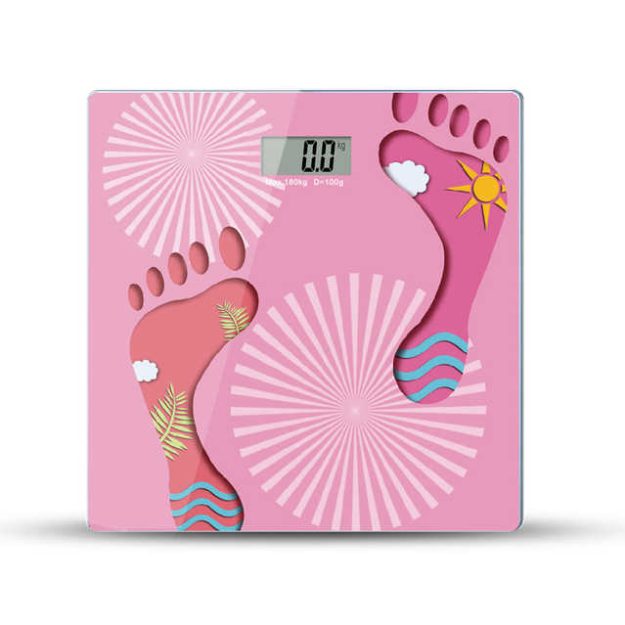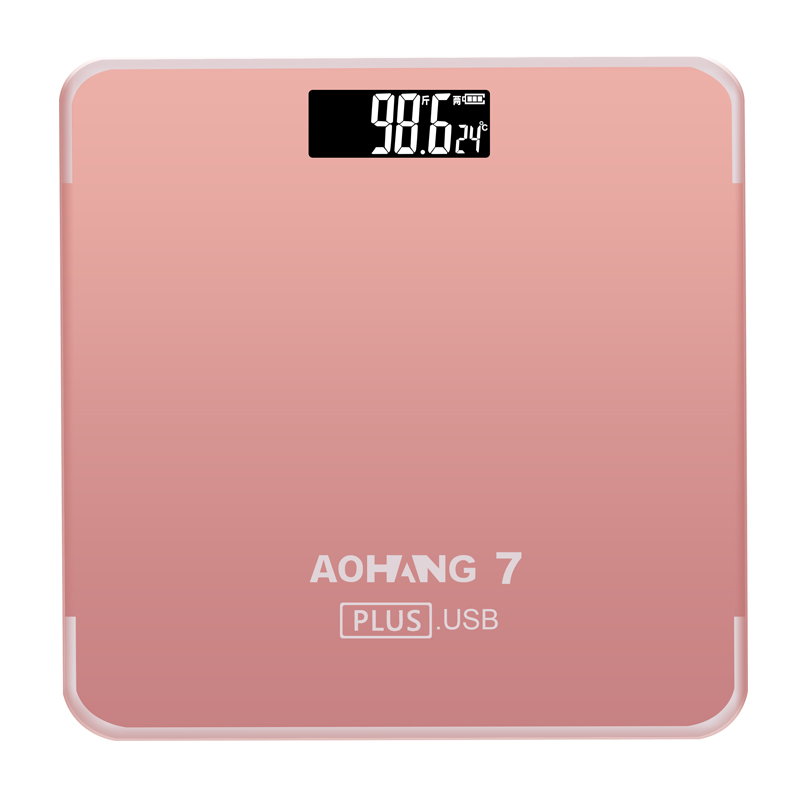Top Characteristics of a good weighing scale
Weighing scales serve a wide range of purposes across different industries and sectors, from personal use to industrial and scientific applications. Below are the top 20 purposes of a weighing scale:
1. Personal Weight Tracking
Weighing scales are commonly used at home to track body weight, monitor fitness goals, and maintain a healthy lifestyle.
2. Retail and Commerce
In grocery stores and markets, scales are essential for accurately weighing fruits, vegetables, meat, and other items sold by weight to ensure customers pay the correct price.
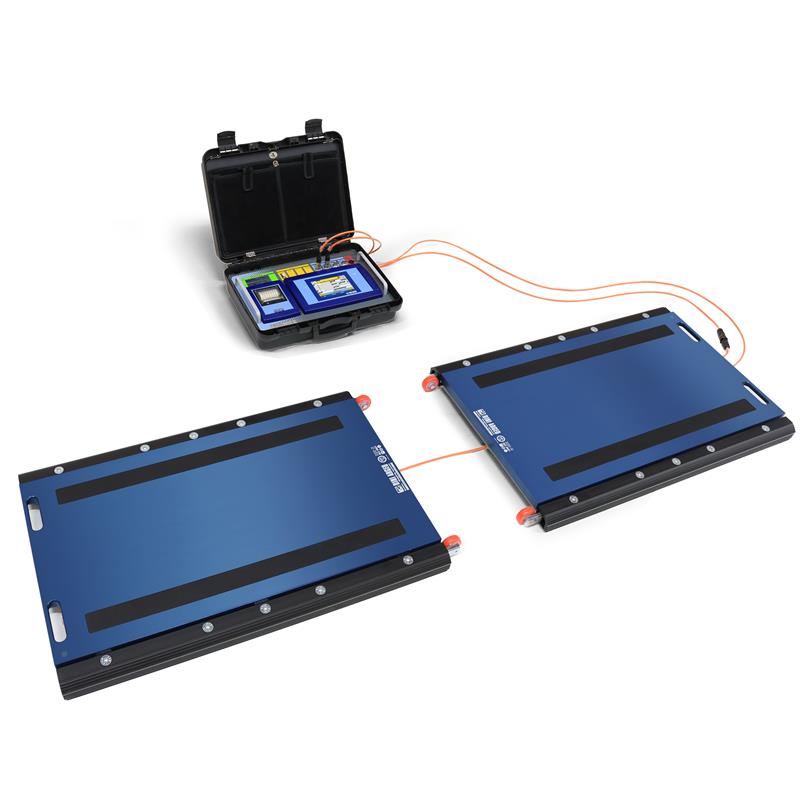

3. Industrial Weighing
Weighing scales are used in manufacturing and industrial settings to measure raw materials, finished products, and bulk items, ensuring consistency and efficiency in production processes.
4. Pharmaceutical Use
Pharmacies and laboratories use precision scales to weigh ingredients for medications, ensuring accurate dosages and safe formulations.
5. Food Production and Packaging
In food production facilities, weighing scales ensure that portions are consistent and meet regulatory standards. This is critical for packaged goods that are sold by weight.
6. Agricultural Use
Farmers use scales to weigh produce, livestock, and fertilizers, which helps in the sale and distribution of agricultural products.
7. Jewelry and Precious Metals
Weighing scales are crucial in the jewelry industry for measuring the weight of gold, silver, gemstones, and other precious materials to determine their value.
8. Postal and Shipping
Post offices and logistics companies use scales to weigh parcels and packages, ensuring the correct postage or shipping fees are applied based on weight.
9. Laboratory Research
In scientific research, laboratory scales are used to weigh chemicals, reagents, and samples with high precision to ensure accurate experimental results.
10. Fitness and Health Monitoring
Scales are used in gyms, fitness centers, and healthcare facilities to monitor body weight, muscle mass, and fat percentage for health assessments.
11. Livestock Weighing
Scales are used on farms and in animal husbandry to weigh livestock like cattle, pigs, and poultry, which is essential for feeding, breeding, and sale purposes.
12. Waste Management
Weighing scales help waste management facilities and recycling centers measure the weight of waste materials for processing, billing, and regulatory reporting.
13. Construction and Material Weighing
In the construction industry, scales are used to weigh building materials like cement, sand, and aggregates to ensure precise quantities are used in projects.
14. Medical and Clinical Use
Hospitals and clinics use medical scales to weigh patients, infants, and medical equipment for proper diagnostics, treatment planning, and drug dosing.
15. Aviation and Cargo Handling
Airports and freight companies use scales to weigh luggage, cargo, and aircraft loads, ensuring safety and compliance with weight limits.
16. Fishing Industry
Scales are used in the fishing industry to weigh catches and ensure they meet regulatory requirements for sustainable fishing practices and accurate pricing.
17. Quality Control in Manufacturing
In quality control processes, scales measure the weight of products to ensure they meet specified standards and prevent over or underweight packaging.
18. Education and Training
In educational settings, weighing scales are used in science labs and classrooms to teach students about measurement, mass, and balance in physics and chemistry.
19. Environmental Monitoring
Weighing scales help environmental researchers measure soil, plant matter, or pollutants to assess ecological changes and impacts.
20. Gold and Currency Weighing
In financial sectors, scales are used to weigh gold bars, coins, and currency for accurate valuation and trade, especially in bullion markets.
Each purpose demonstrates the versatility of weighing scales in ensuring accurate, reliable measurements for various tasks across multiple industries and fields.

